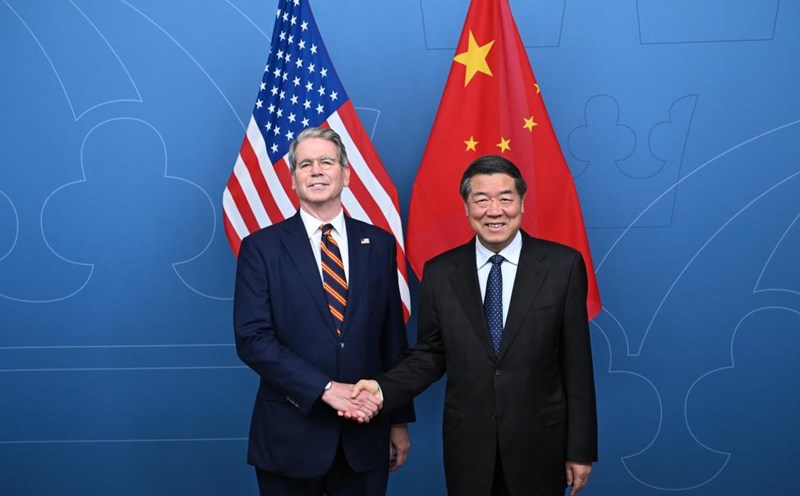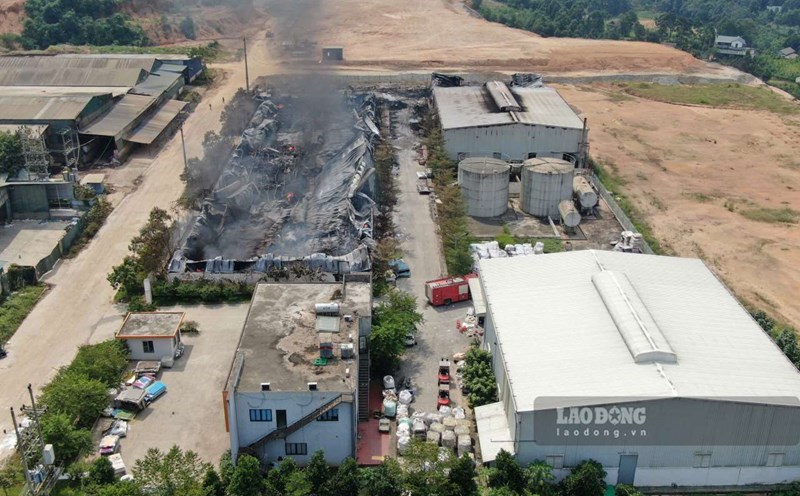At the end of two days of US-China trade talks in Stockholm, Sweden (28-29.7), US Treasury Secretary Scott Bessent said that Washington had warned Beijing against continuing to buy oil from Russia.
Mr. Bessent said that if China does not adjust its policy, the US could impose a secondary tax of up to 100% on Russian oil importers, in an effort to reduce Moscow's revenue amid the prolonged conflict in Ukraine.
Mr. Bessent emphasized that the US Congress is considering empowering President Donald Trump to impose a tax of up to 500% on countries buying Russian oil. This is part of a broader strategy to economically isolate Moscow and call on allies to implement similar policies.
In response, China affirmed that energy-related decisions are a matter of national sovereignty.
Bessent said that Beijing officials have clearly stated that oil purchases will be based on internal policies, not influenced by external factors.
The Chinese people value their sovereignty very much. So if they want to continue buying oil and pay a 100% tax, they are ready," he added.
The US also expressed concern about China exporting more than $15 billion in dual-use technology goods to Russia, saying that these items could support Moscow in arms production.
Mr. Bessent warned Chinese Deputy Prime Minister He Lap Phong that this action could harm trade relations between China and Europe, and negatively affect China's image in this region.
In terms of trade, the two countries have agreed to extend the trade ceasefire by 90 days to reduce tensions and protect global growth. However, no significant breakthroughs were achieved in this round of negotiations. President Trump will decide whether to continue the extension after August 12, although the possibility of a refusal is assessed as very low.
Although the US has reached tariff agreements with the European Union, Japan, Indonesia and the Philippines, China is still the most difficult partner to deal with. Beijing's economic strength and ability to control the rare earth market continue to be a major obstacle in negotiations with Washington.
China is currently the largest buyer of Russian oil, with an output of about 2 million barrels per day, followed by India and Turkey.











